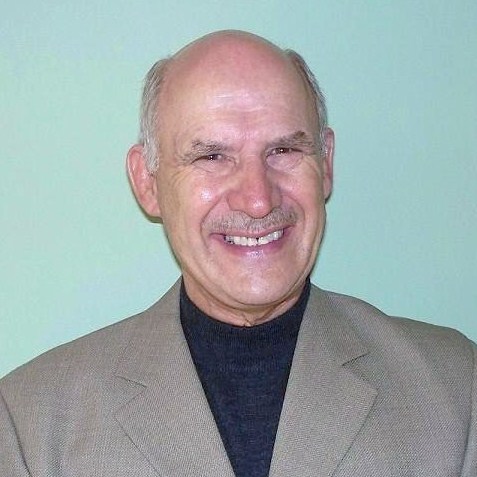I grew up in Sandy Cove, a fishing village on the Eastport peninsula. Closeness to the sea was an everyday experience where raging sea against rugged shore was routine. And, on stormy days, we’d do exciting strolls along the long sandy beach, listening to that quiet whisper: “you never know what will blow in on a windy day.” No matter how far you roam or how old you get, such early exposure to these sights and sounds of the sea, linger forever.
On divine matters it was my sense that just about everyone believed in God, and nobody seriously questioned whether or not there was a God. For sure there were different levels of devoutness but no evidence of outright disbelieving. Outside of church and school activities, very little discussion of God or faith issues took place. My parents regularly attended church and certainly believed in God, but they were never inclined, nor were their friends and co-workers, to openly discuss religious matters. There was this sense of hushed reverence over things spiritual, and that loose talk had connotations of being ungodly.
In the province of Newfoundland, beginning in the late 1950s and picking up speed thereafter, churches began losing authority and influence. People were no longer committed to regular church attendance and seeing their lives through religious eyes. As experienced elsewhere in Canada, participation and attendance in main stream religions were in steep decline, and the fastest growing group was those who had “no religion.” The church did not seem to know how to meaningfully respond to such changes. Many churches have since shut down while others are just barely hanging on.
Nowadays, it’s common to have discussions on religious and faith-based issues, both in private and in public life. Emerging evangelism, especially in the larger centres, contributes to some religious expansion but various survey results keep popping up to show a consistent downturn in traditional religions. Still, it’s fairly common to hear older folks talk openly, and often despairingly, about the demise of traditional, organized religions.
Many people currently embrace individual spirituality, feeling and thinking it allows them more personal freedom in communicating to God, or whomever or whatever, as they see fit. They do not want to be hide-bound to pre-packaged practices and procedures commonly found within the well-established religious organizations. This opening up approach has resulted in the borders between the religious, the spiritual, the secular, the agnostics, the atheists, and so on, becoming increasingly more trouble free.
The coat of arms of Newfoundland, granted in 1638 by King Charles the first, has its motto “Seek ye first the kingdom of God.” What impact it has on 21st century NL is a good question. Though, one can still hear reference to the old saying “On stormy nights at sea, there are no atheists.”
The march of time, in Newfoundland as elsewhere, has brought about restructuring of social and economic life, and many aspects of the old culture have changed or disappeared. Newfoundlanders and Labradorians still take pride in their robust, independent, and sea faring history, “where Jack is as good as his master,” and are ever so quick to publicly complain against perceived societal wrongdoings. Rights of the individual versus collective rights, and rights of the state, continue to be broadly discussed. It’s fair to say that in Newfoundland, participatory democracy is in full bloom.
Still, in our midst the well engrained old values of faith-based living, along with high levels of emerging individual spirituality, result in a collective appreciation of what’s right and proper for our time.




